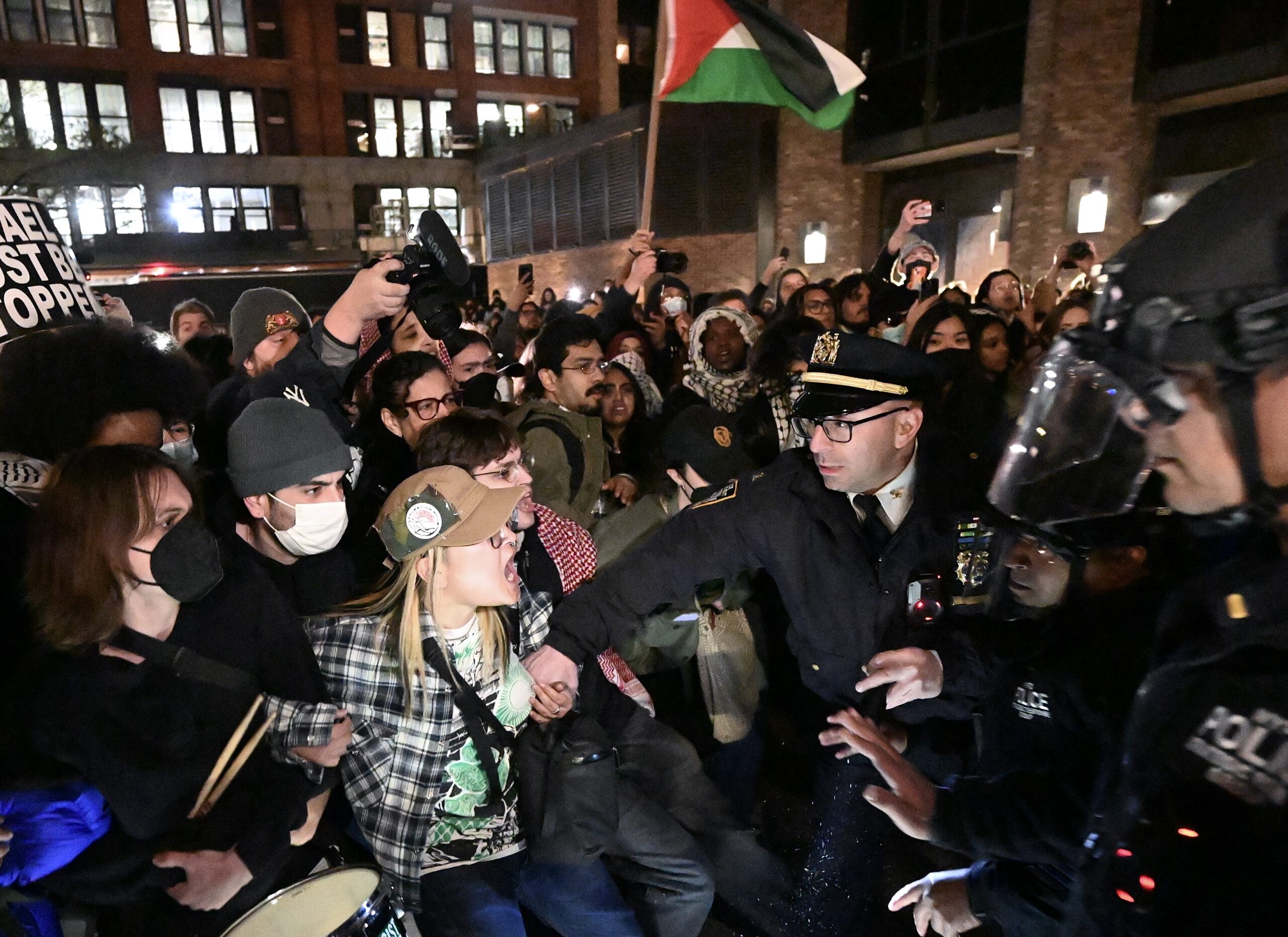
The increasing attacks on higher educational institutions and universities reflect a deeper malaise within the ruling classes. President Donald Trump’s criticisms of American universities and attacks on universities such as Columbia and Harvard, along with the BJP led Indian government’s actions under Prime Minister Narendra Modi targeting institutions like Jawaharlal Nehru University, the University of Hyderabad, and Jadavpur University, are notable examples of the growing threats faced by centers of learning and inquiry. These examples are not limited to the United States and India; universities across Europe and other regions are also facing similar threats from ruling elites. These threats extend beyond funding cuts, political intimidation, bureaucratic harassment, government and legal pressure. Students, teachers, and researchers are increasingly facing physical danger—not only to their lives and livelihoods but also to their passionate commitment to the production and dissemination of knowledge.
The Education Under Attack 2024 report, published by the Global Coalition to Protect Education from Attack (GCPEA), revealed that approximately 6,000 attacks on educational institutions occurred in 2022 and 2023—representing a nearly 20 percent increase compared to the previous two years. More than 10,000 students, teachers, and academics were harmed, injured, or killed in these incidents, many of which took place in regions affected by wars and armed conflict.
Historically, attacks on intellectuals and institutions of higher learning are nothing new. Feudal landlords, monarchs, colonial rulers, reactionary religious forces, and dominant ruling classes have long felt threatened by reason, science, and secular knowledge that challenge prevailing power structures. Universities and institutions of higher education have traditionally served as spaces for emancipatory, independent, and critical thinking—forms of thought that inherently question and resist hegemonic authority and status quo. These institutions not only produce and disseminate knowledge but also play a vital role in deepening democracy and advancing decolonisation. The scientific ethos and egalitarian culture that define higher education are often deeply unsettling for ruling elites, as they disrupt entrenched hierarchies and systems of control. The current wave of attacks on universities, higher educational institutions, and the very idea of higher education draws its strength from a long historical lineage of ruling-class assaults on spaces of critical thought.
The new wave of attacks on universities and higher institutions of learning began with the commodification, commercialisation, marketisation, privatisation, and modularisation of higher education. This was followed by a systematic effort to undermine the humanities, social sciences, and liberal arts—disciplines increasingly devalued under the pretext of employability and the utilitarian logic of skill-based knowledge transfer. These assaults were not accidental but carefully orchestrated to align education with the needs of capitalism and the ruling classes. The aim was to reshape universities into institutions that produce a compliant workforce stripped of the capacity to critically examine exploitative working conditions or challenge systemic inequalities. Governments and university administrations have, to a large extent, succeeded in this endeavour by closing down departments and programs in the humanities, social sciences, and liberal arts.
Although states, governments, funding bodies, and university leadership have succeeded in weakening the production of emancipatory knowledge, they have failed to extinguish the youthful spirit, independence, egalitarian values, secular environment, and critical ethos that continue to thrive in campuses and classrooms. Within these spaces, teachers and researchers persist in producing and disseminating knowledge that promotes scientific consciousness—one that empowers people to resist the bigotry and control of the ruling classes.
Despite the antagonistic environment shaped by a compliance-driven culture of surveillance over students and faculty, smear campaigns branding university communities as radical, leftist, elitist, or anti-national, and the systematic curbing of academic freedom through funding cuts, students and staff have continued to defy these pressures. The students and staffs have refused to transform their universities into machineries of compliance. They remain committed to generating knowledge and cultivating consciousness that challenge conformity and promote emancipatory praxis.
So, the renewed intensity in attacks on higher educational institutions, universities, and intellectuals reflects a deeper malaise within the ruling classes—one rooted in insecurity, fear of dissent, and an urgent drive to consolidate ideological control. This broader assault reveals a fundamental truth: the ruling elites no longer trust their ability to maintain legitimacy through democratic consent. Instead, they turn to coercion and control, enforcing a culture of compliance aimed at dismantling critical thought and silencing those who dare to question or challenge the status quo.
What ruling classes fear is not merely academic critique, but education itself—as a democratising force capable of awakening political consciousness, empowering people to interrogate systems and conditions of exploitation, and imagine just, alternative futures. By silencing campuses, the ruling classes seek to silence the future—eroding democratic rights and reinforcing a social, political, economic and cultural order grounded in inequality and repression.
History bears witness to the vital role that universities, institutions of higher learning, and intellectuals have played in the revolutionary upsurges of societies against patriarchy, feudalism, monarchy, colonialism, apartheid, capitalism, and imperialism. The more repression is imposed, the more it fuels tireless and enduring resistance—resistance that persists until power is ultimately challenged, overturned and defeated. Therefore, let universities, institutions of learning and their campuses stand as territories of resistance—spaces where the struggle for a progressive transformation of society takes root, aiming to build a future free from all forms of inequality and exploitation. True knowledge does not domesticate—it emancipates.
